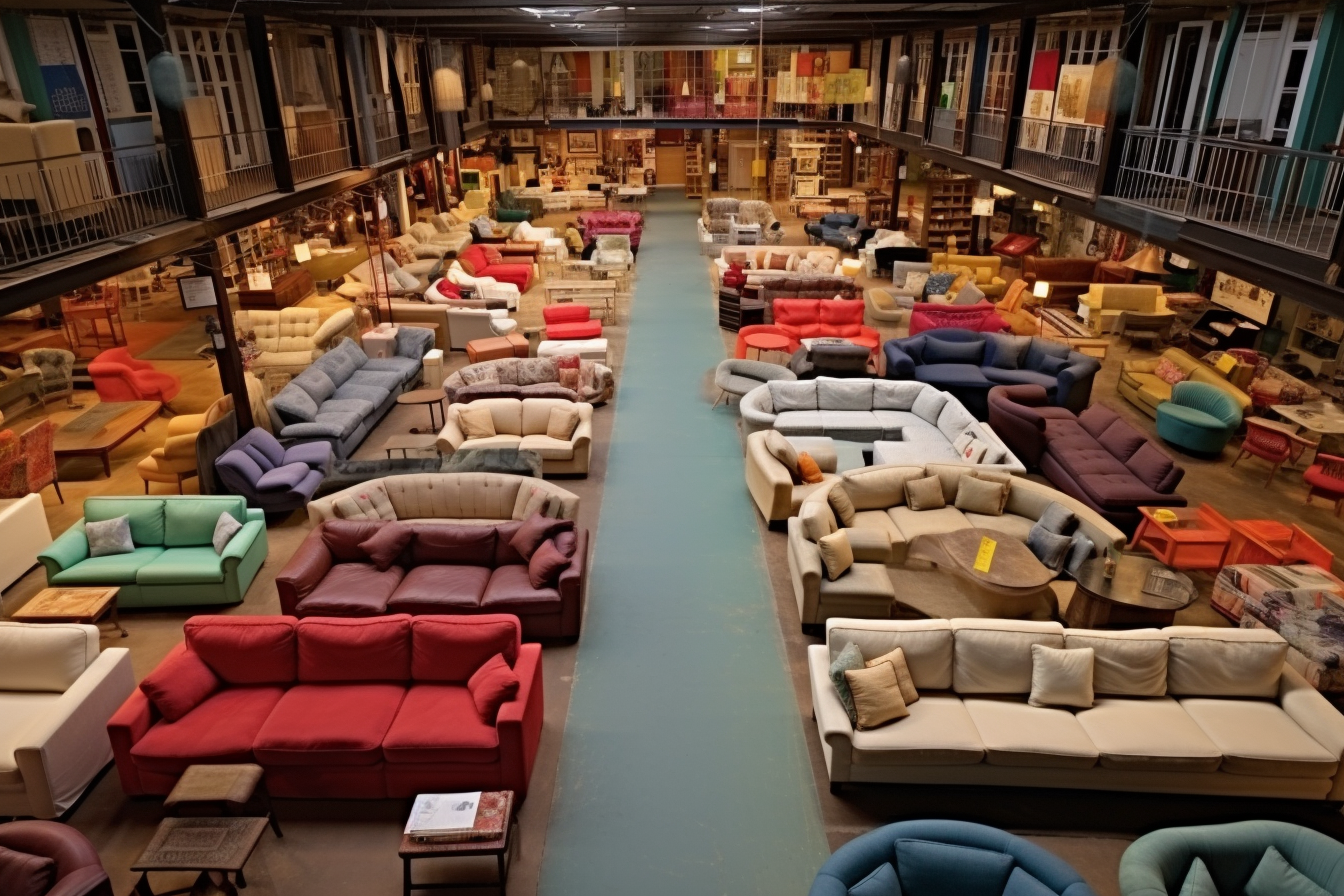Window Replacements: A Smart Investment for Comfort, Efficiency, and Value
Did you know that replacing old windows can save homeowners up to 30% on energy bills? Discover the crucial factors in window replacement that can enhance your home.For many homeowners, the decision to replace windows is not simply about aesthetics; it often involves a deeper consideration of energy efficiency, comfort, and security. What types of windows are best suited for your home? How much does the process cost? What benefits can you expect from this home improvement project? This article will explore various aspects of window replacement, including types of windows, energy efficiency, costs, and the installation process.

Understanding Different Window Types for Your Home
The first step in any window replacement project is understanding the various styles available. Double-hung windows, which feature two operable sashes that slide vertically, remain the most popular choice for their classic appeal and versatility. Casement windows, which operate with a crank mechanism and open outward, provide excellent ventilation and energy efficiency due to their tight seal when closed.
For those seeking maximum views, picture windows offer unobstructed vistas but don’t open. Bay and bow windows project outward from your home, creating additional interior space and bringing in more natural light. Sliding windows move horizontally along tracks and are ideal for spaces where outward-opening windows would be impractical.
Specialty options include awning windows that hinge at the top and open outward, hopper windows that open inward from the top, and garden windows that create a miniature greenhouse effect—perfect for growing herbs or displaying plants.
The Importance of Energy Efficiency in Modern Windows
Energy efficiency has become the cornerstone of quality window replacement. Modern windows utilize advanced technologies that significantly reduce heat transfer and air leakage. Look for windows with low-emissivity (Low-E) glass coatings, which reflect infrared light while allowing visible light to pass through. This technology keeps heat inside during winter and outside during summer.
Multiple panes of glass with insulating gas fills (typically argon or krypton) between them provide additional thermal barriers. The spacing between glass panes, typically achieved with warm-edge spacers, further reduces heat transfer while minimizing condensation.
The window frame material also impacts energy performance. While vinyl frames offer excellent insulation at moderate prices, fiberglass provides superior strength and thermal performance. Wood frames offer natural insulation but require more maintenance, while aluminum, though less energy-efficient, provides strength and durability in harsh climates.
Energy Star certification is your best assurance that windows meet strict efficiency guidelines. These certified products can reduce energy bills by 12% on average compared to non-certified alternatives.
Cost Considerations for Window Replacement Projects
Window replacement represents a significant investment, with costs varying widely based on material, style, size, and quantity. Understanding these factors helps establish realistic budget expectations for your project.
Vinyl windows typically represent the most affordable option, ranging from $200 to $800 per window installed. Wood windows offer classic aesthetics but come at a premium, usually between $400 and $1,200 per window. Fiberglass, known for durability and energy efficiency, generally costs $500 to $1,300 per window. Aluminum windows fall in the $200 to $600 range but offer less insulation value.
Beyond the windows themselves, installation costs typically account for 20-40% of your total investment. Custom sizes, complex installations, or necessary structural modifications will increase your overall expense.
| Window Material | Price Range (per window installed) | Lifespan | Energy Efficiency Rating |
|---|---|---|---|
| Vinyl | $200 - $800 | 20-40 years | Excellent |
| Wood | $400 - $1,200 | 30+ years with maintenance | Very Good |
| Fiberglass | $500 - $1,300 | 50+ years | Superior |
| Aluminum | $200 - $600 | 20-30 years | Fair |
| Composite | $300 - $1,200 | 30-50 years | Very Good |
Prices, rates, or cost estimates mentioned in this article are based on the latest available information but may change over time. Independent research is advised before making financial decisions.
For a typical home with 10 windows, expect to invest between $3,000 and $10,000 for standard vinyl replacements, while premium wood or fiberglass installations might range from $5,000 to $15,000. While this represents a substantial upfront cost, energy savings typically provide a return on investment within 5-10 years, with additional value gained through improved comfort and home value.
DIY Versus Professional Installation: What You Should Know
While DIY window installation might seem appealing for budget-conscious homeowners, this approach comes with significant considerations. Professional installation typically accounts for approximately 20-40% of your total window replacement cost, making self-installation an apparent opportunity for savings.
However, proper window installation requires specialized tools, precise measurements, and technical expertise. Even minor errors can lead to air leaks, water infiltration, and reduced energy efficiency—effectively negating the benefits of your new windows. Professional installers bring not only technical skill but also warranty protection; many manufacturers void warranties on improperly installed products.
DIY installation might be feasible for experienced homeowners replacing standard-sized windows in accessible locations. However, complex installations involving custom sizes, structural modifications, or multi-story access generally demand professional expertise. Most window replacement companies include removal and disposal of old windows, proper sealing, insulation, and trim work—services that add significant value beyond basic installation.
Long-Term Benefits of Quality Window Replacement
Beyond immediate energy savings, quality window replacements deliver substantial long-term benefits. Modern windows dramatically improve sound insulation, creating quieter interior spaces—particularly valuable for homes near busy streets or in urban settings. Advanced UV protection in quality glass helps prevent furniture, flooring, and artwork from fading due to sun exposure.
From a real estate perspective, window replacement consistently ranks among home improvements with the highest return on investment, typically recouping 70-80% of costs through increased home value. This value proposition becomes even stronger when considering the enhanced curb appeal that new windows provide.
Security features in modern windows, including multi-point locking systems and impact-resistant glass options, offer peace of mind while potentially reducing home insurance premiums. Additionally, the reduced maintenance requirements of modern materials save time and expense over the decades of service quality windows provide.
Making this investment thoughtfully, with careful consideration of materials, efficiency ratings, and proper installation, ensures that your window replacement project delivers maximum value for years to come.




